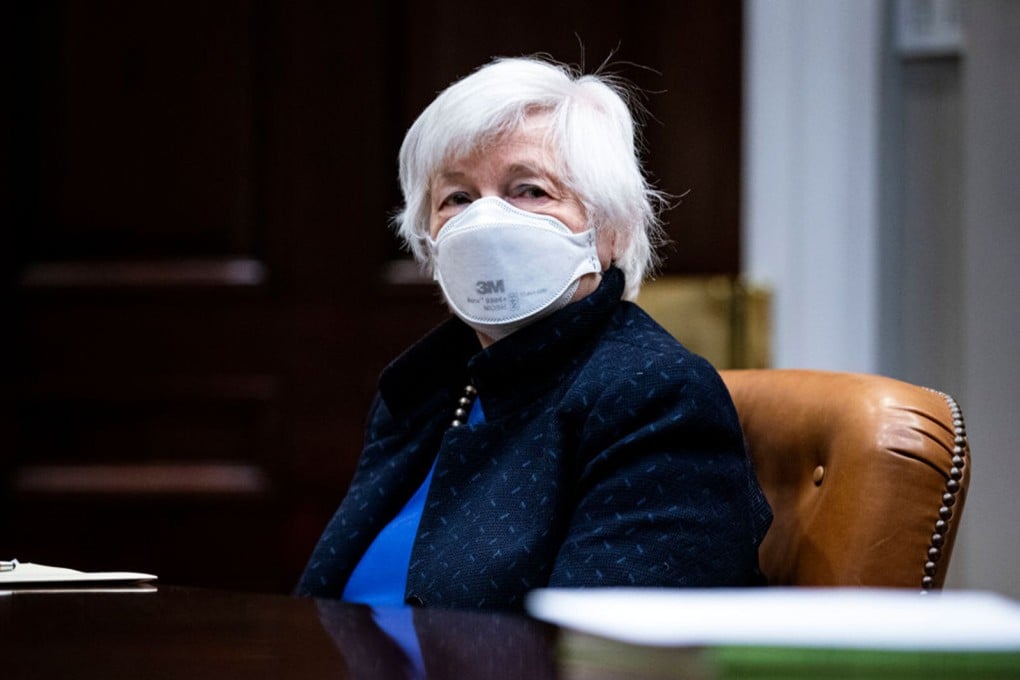China urged to address global digital tax rules to avoid ‘new tariff war’ as G20 push for July consensus
- In February, the US withdrew a safe harbour proposal, paving the way for a digital tax on the likes of Facebook, Google and Amazon
- The Group of 20 hopes to reach a consensus over the digital tax by July, after some firms were accused of exploiting loopholes to minimise their tax bills

China needs to avoid the potential of a “new tariff war” and play a more active role in how taxes are applied to the digital economy, warned the former head of its central bank, in response to a new US government proposal that could allow for major economies to agree on uniform tax rules for digital firms.
“A clear starting point of concern over this issue is that [various countries] should avoid falling into fights with each other over the digital tax, especially about whose wallet the money raised from the digital tax belongs to,” Zhou said at the Boao Forum for Asia on Wednesday.
“A new tariff war would not be good for the globalisation advocated by China, to multilateralism and to the rules-based international order, and if it occurs, it is likely that most of the countries will respond by showing protectionism. That is why we need to study [the digital taxation issue].”
If it occurs, it is likely that most of the countries will respond by showing protectionism. That is why we need to study it
US Treasury Secretary Janet Yellen announced in February the withdrawal of a safe harbour proposal for digital companies – which came to light in December 2019 – a move that now paves the way for a digital tax on the likes of Facebook, Google and Amazon, which have long been accused of exploiting loopholes to minimise their tax bills.